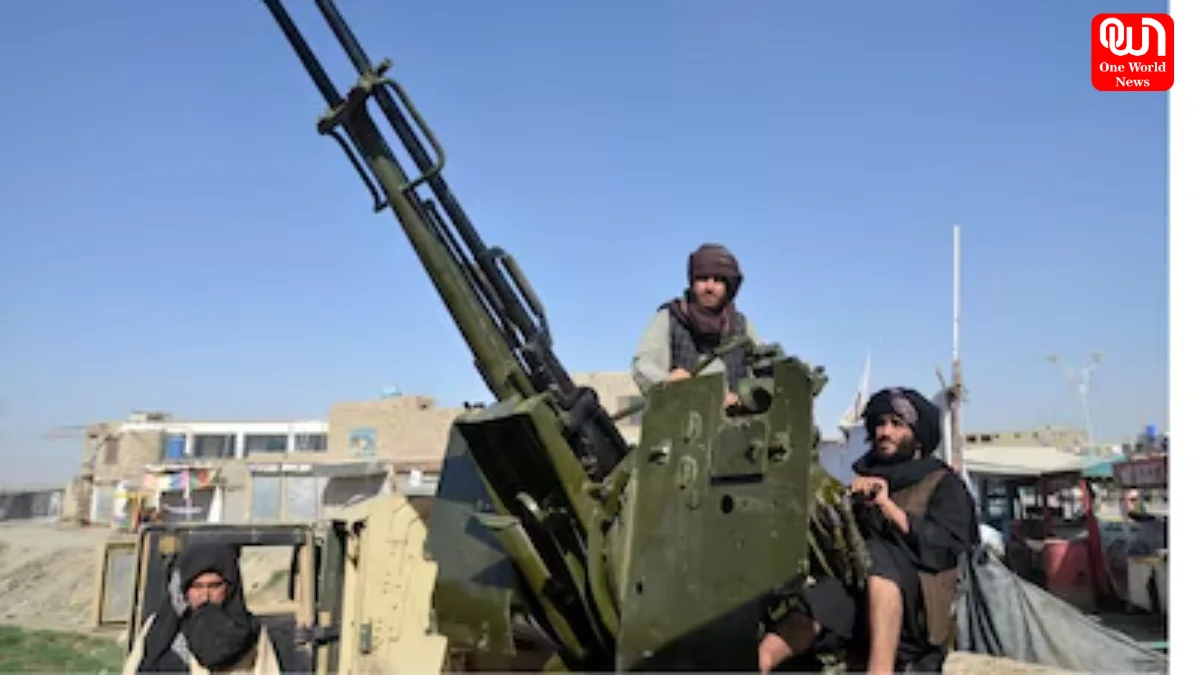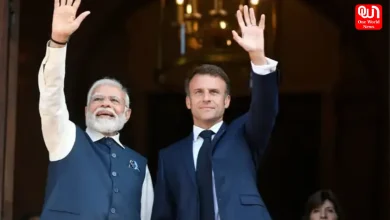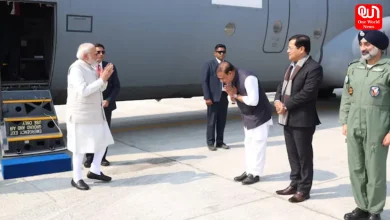Critical Pakistan-Taliban Border Crisis Talks Begin in Doha Amid Rising Cross-Border Tensions
Pakistan-Taliban Border Crisis talks kick off in Doha as Islamabad and Kabul aim to resolve escalating TTP attacks and security threats.
Critical Pakistan-Taliban Border Crisis Talks Kick Off in Doha Today as Islamabad and Kabul Address Escalating TTP Attacks and Security Concerns
Critical talks between Pakistan and the Taliban are set to begin in Doha today, reflecting the urgent need to address the deepening Pakistan-Taliban Border Crisis. The negotiations are facilitated by a third-party mediator, highlighting the importance of external intervention in managing escalating cross-border tensions primarily driven by Tehreek-e-Taliban Pakistan (TTP) activities. Pakistan National Security Adviser and DG ISI Lt Gen Asim Malik is expected to meet Afghan Taliban Defense Minister Mullah Yaqoob to discuss security concerns, potential ceasefire arrangements, and long-term stability measures.
The Doha meeting also signals a broader diplomatic strategy by Kabul, as the Taliban aims to assert its legitimacy on the international stage. Afghan officials and security ministers are likely to join the talks, emphasizing the Taliban’s intent to be recognized as an equal negotiating power and to resist any perceived interference in Afghanistan’s internal affairs. The delegation’s visit to Qatar underscores the Taliban’s push for diplomatic leverage and a stronger voice in regional security dynamics.
From Islamabad’s perspective, the talks represent a critical opportunity to stabilize its western border and contain the growing TTP threat. Pakistan has been grappling with increased insurgent activity in Khyber and Waziristan, which has strained military resources and fueled domestic security concerns. By engaging directly with the Taliban, Pakistan aims to secure actionable assurances on counter-terrorism while negotiating potential concessions to reduce cross-border hostilities.
A central focus of the discussions is expected to be the possibility of extending a ceasefire. This reflects Pakistan’s immediate vulnerability to TTP attacks and its urgent need for a temporary reduction in violence. However, Islamabad is likely to demand significant commitments from the Taliban government in exchange for any long-term cessation of hostilities, seeking guarantees that insurgent operations will not resume or intensify.
read more: ED Files Chargesheet Against Elvish Yadav and Fazilpuria Over Use of Protected Wildlife
The involvement of a third-party mediator highlights the depth of mistrust and breakdown in direct bilateral engagement. Pakistan-Taliban relations have been strained for years, and the current border crisis underscores the urgent need for constructive dialogue. Both sides are expected to navigate a delicate balance between security imperatives and political objectives, with the Taliban leveraging the meeting to advance its broader agenda internationally.
While Pakistan prioritizes security and counter-terrorism outcomes, the Taliban’s approach is equally focused on diplomatic legitimacy and global recognition. The Doha talks are thus not only a platform for addressing immediate threats but also a significant moment for shaping the geopolitical landscape of the region. Analysts suggest that the success of the negotiations could determine whether the Pakistan-Taliban Border Crisis escalates further or moves toward a negotiated stabilization framework.
As the talks commence, all eyes are on Doha to see if both sides can bridge the deep gaps in trust and security concerns. The outcomes of these discussions may have lasting implications for regional peace, cross-border stability, and the ongoing struggle against militant insurgencies along the Pakistan-Afghanistan border.
We’re now on WhatsApp. Click to join.
Like this post?
Register at One World News to never miss out on videos, celeb interviews, and best reads.







